|
On May 9th, community leaders and Cobb Landmarks members gathered in Acworth to celebrate our 50th anniversary. Below are some photos from the event and a message from our Executive Director. A letter from our Executive Director:
Reflecting on the 50th anniversary of Cobb Landmarks has been bittersweet in many ways. It has given me an opportunity to read old issues of The Landmarker, to comb through photos of past Cobb Landmarks events and early Root House restoration photos, and to consider all the individuals who have contributed to Cobb Landmarks’ success - including those who are no longer with us. I’ve said before that Cobb Landmarks is about community, and I still believe it. Cobb Landmarks members are part of a community of people who believe in the power of storytelling, education, and the preservation of our built environment. Our mission is a noble one: to share the stories and preserve the places that form our community for the benefit of current and future generations. Our work provides the added benefit of helping people build relationships and make connections along the way. For many staff members, volunteers, and supporters, Cobb Landmarks is where they come to meet friends, socialize, make memories, and continue their lifelong journey of learning. The relationships built at Cobb Landmarks enrich our lives and make the spaces we operate, like the William Root House, much more significant than simple relics of the past. How wonderful it is to see students playing in the Root House garden, or to see a young couple recite their vows on the porch of the Manning Cabin! Of all of our accomplishments, building community is probably our most venerable. It’s been an honor to lead this organization the past ten years. I feel Cobb Landmarks is stronger, more active, and more vibrant than ever, and while it’s thanks in large part to the tireless work of our staff, volunteers, and supporters today, we would have no ground to build upon were it not for those who laid the foundation before us. We are indebted to them and to you. Thank you for your support! Sincerely, Trevor Beemon Executive Director, Cobb Landmarks & Historical Society, Inc.
0 Comments
Cobb Landmarks is embarking on a $750,000 capital expansion project. It will transform an abandoned 19th century Acworth home into a space for exhibits, events, lectures, research, a retail store, and executive offices. As we have grown, it has become increasingly clear that we must create a dedicated space for Cobb Landmarks to thrive. Our solution is the 50 FORWARD campaign - not just a brick and mortar campaign, but an investment which allows Cobb Landmarks to serve a growing community, share more diverse stories, and provide a space that fosters learning and engagement.
The City of Acworth has offered the historic McCray House to Cobb Landmarks. Cobb Landmarks plans to take ownership of the house and complete the renovation. In addition to providing Cobb Landmarks space for exhibits, events, lectures, research, a retail store, and executive offices, the McCray House also provides Cobb Landmarks an opportunity to breathe new life into a historic structure. This is a milestone project fit for our 50th anniversary and worthy of your support. We are excited to have the McCray House join the William Root House in Marietta and the Power Cabin in East Cobb as a property operated and maintained by Cobb Landmarks for the benefit of the community. Learn more and donate online at CobbLandmarks.com/50 Forward. The Power-Jackson Cabin currently stands on private property on Post Oak Tritt Road in the eastern part of Cobb County. It is one of the last examples of a single-pen (one-room) log house remaining in Cobb County. The cabin was owned by William Power and was given to his daughter, Martha Jane, and her husband, Jeptha C. Jackson, between 1840 and 1850. Evidence suggests the cabin pre-dates the Cherokee Land Lottery, which could make it the oldest existing structure in Cobb County. Volunteer researchers are currently reviewing 1834 property claims in an attempt to identify the original owner.
In addition to possibly being the oldest structure remaining in Cobb County, the cabin is also a rare example of what is referred to as a rived log house. With rived logs, the logs are not hewn. Instead, the logs are split, leaving the rounded surface on the exterior and a smooth flat surface on the interior. This type of construction was used with large trees so that each tree produced two logs. It is a rare type of construction which makes the Power-Jackson Cabin truly unique. Today the cabin is threatened by both prolonged neglect and site development. Cobb Landmarks & Historical Society, Inc. (Cobb Landmarks) has for many years advocated for the long-term preservation of the cabin. Recent efforts have included meeting with Cobb County Commissioners, speaking at Cobb County Planning Commission Zoning Hearings, and helping arrange for acclaimed log cabin expert Vic Hood to evaluate the cabin. The purpose of Hood’s visit was to determine if the cabin could be saved and the scope of work a restoration project might entail. Hood determined the cabin is still salvageable, but that time is running out. Cobb Landmarks has recently been in conversation with the cabin owner, Cobb County, and the Cobb County Historic Preservation Planner about relocating the cabin to Hyde Farm Park. The park is located roughly six miles away from the current location of the cabin. Hyde Farm presents a wonderful opportunity for a number of reasons, including the presence of two additional Power family cabins. Hyde Farm was originally settled by James Cooper Power during the 1830s. His cabin still stands, though it is now concealed inside the Hyde farmhouse, which was constructed around the cabin during the 1920s. Hyde Farm is owned by Cobb County. The historic structures on the site have been meticulously restored using Special Purpose Local Option Sales Tax (SPLOST) funds and the property is open to the public as a passive park. Adjacent to Hyde Farm is another historic property with a Power family cabin. This property includes a cabin believed to have been built by George Abner Power about 1843. Power family descendants owned the property until 1996, when it was conveyed to the Trust for Public Land. The cabin and 2.5 acres of land were donated to Cobb Landmarks in 1999. Cobb Landmarks maintains the cabin and organizes tours of the property. Having the Power-Jackson Cabin join her sibling cabins at Hyde Farm creates a unique opportunity for the public to view three pioneer log cabins that, at one time, all belonged to members of the same family. Finally, and perhaps most importantly, Cobb County PARKS has had discussions with the district commissioner to possibly use Hyde Farm 2016 SPLOST funding to restore the cabin, with Board of Commissioners approval. Commissioner Jerica Richardson believes this to be a worthwhile investment to the community. With approval of restoration, Cobb PARKS would be responsible for maintaining the cabin in perpetuity. Private funds must be raised to pay for the disassembly, tagging, and relocation of the logs, but once the cabin is transferred to Cobb County PARKS, SPLOST funds could be used to reconstruct and restore the cabin. The cost to relocate the cabin is roughly $65,000 and the cost to restore the cabin is roughly $300,000. This partnership between Cobb Landmarks and Cobb County PARKS represents a meaningful and significant investment in the preservation of local history and offers a path for the rescue and protection of the Power-Jackson Cabin. Learn more and make a donation here. Bridger Properties has a mixed-use development planned for a site adjacent to the William Root House, Marietta Square Market, and Marietta Station. The plan has elicited many opinions. Cobb Landmarks staff, with the blessing of the Co-Chairs of the Board of Trustees, would like to share our understanding of the process to date, as well as our concerns moving forward. The first design proposed by Bridger was denied Spring 2023 by the Historic Board and City Council for failing to comply with Historic Board of Review guidelines. Bridger was then prompted to release a public survey asking for input from the community for a new design.
If City Council were to reject the proposed plan, Cobb Landmarks understands that the only means of appeal for Bridger would be legal action. Should litigation ensue, Cobb Landmarks is concerned that if Bridger prevailed, they would no longer utilize any of the historical elements currently proposed and could instead construct a development which is not sympathetic with the surrounding historic area. In conclusion, Cobb Landmarks staff worked closely with Bridger representatives and their architect throughout the redesign of this project. We valued the opportunity to meet and consult with them and appreciate their sincere effort to please the community. In our experience, Bridger has been more than accommodating as they have attempted to create a design that meets historic guidelines, zoning, and ordinances. Known locally as Campbell Hill or Sugar Hill, this beautiful home was originally built for John Campbell in 1852. The house itself was constructed of stone and the exterior walls are reportedly two feet thick. The masonry structure was gutted during the Battle of Kennesaw Mountain in 1864, but was quickly restored and enlarged in the years following the Civil War. The house and property were sold in 1938 and additions were built on both sides of the main house. In 1952 the house was sold to Saint Joseph Catholic Church. Through the years the house has served as a convent, Parish meeting space, and, most recently, a rectory.
This week Cobb Landmarks was distressed to learn that there are currently plans in place to demolish the house and construct a new rectory. We have contacted the office of the Archbishop requesting a meeting. We have not yet received a reply. We will keep the community informed as the situation unfolds. Juneteenth marks the end of slavery in the United States. Although the Emancipation Proclamation had declared “all persons held as slaves” would be “forever free” on January 1, 1863, it wasn’t until U.S. Major General Gordon Granger read General Order #3 at Ashton Villa in Galveston, Texas on June 19, 1865, that the last enslaved people in America were finally set free. Juneteenth, a combination of “June” and “nineteenth,” commemorates that day. In 1860 Marietta had 297 households and a population of approximately 2,600. Of the 297 households, 137 (46%) held slaves. The same census shows that there were four enslaved people at the William Root House property: two men and two women, ages 35 to 73. Recently discovered Root family papers and new research into public documents are helping to tell the story of the lives of these individuals. At the Root House Museum, an 1830s log cabin is used to help tell the stories of the enslaved individuals who labored at the Root House property and would have lived in a similar cabin. A garden sculpture erected next to the cabin is dedicated to the 1,200+ enslaved individuals living in Marietta prior to 1860 whose names were not recorded and are now lost to time. The William Root House Museum invites the community to learn about Juneteenth during a special event on June 10, 2023. The day will include guided museum tours, living history demonstrations, crafts, storytelling, and more. The museum is pleased to offer free admission during the event. WHAT: Juneteenth WHEN: June 10, 2023 10:00am-4:00pm WHERE: William Root House | 80 N Marietta Parkway, NW | Marietta, GA 30060 COST: FREE INFO: WilliamRootHouse.com ABOUT THE WILLIAM ROOT HOUSE: The Root House Museum is the first house museum in the U.S. to offer a fully self-guided touchscreen tour. One of the oldest homes in the Atlanta area, the Root House is more typical of its time and place than the columned mansions popularized by Gone With the Wind. While the home and grounds have been meticulously restored to their 1860 appearance, interactive electronic displays have been added to tell the story of the Root family and their enslaved house servants. J.C. Bankston Rock House Dobbins Air Reserve Base/US Department of the Air Force Preservation Award The Bankston Rock House was built by J.C. Bankston and his sons during the late 1930s. The house is constructed of hollow-core brick tile veneered with uncut fieldstone. The house is one of the only structures surviving from the time period before the land was acquired by the United States Army during World War II. Cobb Landmarks recognizes Dobbins Air Reserve Base and the US Department of the Air Force for their continued stewardship of this exceptional example of stone masonry construction. Acworth Rosenwald School City of Acworth Preservation Award Acworth’s Rosenwald School was constructed during the 1920s when local schools were still segregated by race. At the time, Julius Rosenwald, part-owner of Sears, Roebuck & Company, offered grants to build schools for Black students throughout the South. He required the community to match the funds. Thirty years after it was constructed, the school was threatened by demolition. The community came together to disassemble the building and rebuild it where it currently stands for use as a community center. In the early 2000s Cobb Landmarks was awarded a grant through the Lowe's Foundation and the National Trust for Historic Preservation to make much-needed repairs to the aging structure. Recently, the City of Acworth completed a top-to-bottom renovation of the school building. Cobb Landmarks would like to recognize the City of Acworth for faithfully maintaining and renovating of this important landmark. Lemon Street Grammar School Marietta City Schools Preservation Award In 2019 Cobb Landmarks met with Marietta City Schools to discuss the uncertain future of the c. 1950 Lemon Street Grammar School. The district needed more space, and the old Grammar School building was mostly abandoned and in need of substantial upgrades and repairs. After an extensive rehabilitation, Lemon Street Grammar School was returned to its original use: educating Marietta's students. Marietta City Schools worked to preserve the building's exterior and key architectural features while rehabilitating the interior, making it conducive to a modern learning environment. The school reopened in 2021. Inside, exhibit panels tell the story of the once-segregated school system, while outdoor interpretive panels focus on the history of the surrounding community. Cobb Landmarks would like to recognize Marietta City Schools for investing in the rehabilitation of the Lemon Street Grammar School and for working to share the history of the school and community with the people of Marietta. First Baptist Church Marietta Preservation Award Completed in 1897, the First Baptist Church Chapel is constructed of Georgia granite and marble. Designed in the Victorian-Gothic style, the historic structure retains many original features, including wood trim, curved oak pews, chandeliers, and stained glass windows. During the 1960s the original bell tower was removed because of structural concerns. First Baptist Church Marietta began a multi-million-dollar renovation of the campus in 2019. The project included structural repairs, waterproofing, abatement, stained glass window restoration, and reconstruction of the previously removed bell tower. Cobb Landmarks would like to recognize First Baptist Church Marietta for preserving their historic structures and would like to thank members of the Grateful First Campaign who worked to make the project possible. Katie Stieber Volunteer of the Year Each year Cobb Landmarks recognizes an individual for exceptional commitment of time and energy to the organization. This year we are happy to honor Katie Steiber for her continued support of the Marietta Pilgrimage, our largest annual fundraising event. Katie has been a member of the Marietta Pilgrimage Committee for several years, but in the days leading up to the 2022 tour she went above and beyond to ensure its success. Each day that week, after completing her work day, she checked in with homeowners and helped them prepare their homes for the tour. Tasks she voluntarily took on included getting pine straw, hanging shower curtains, wrapping fake gift boxes, and climbing ladders to touch up exterior paint. All of this was completed outside her regular responsibilities as a committee member. Cobb Landmarks is so thankful for Katie’s commitment to the Marietta Pilgrimage and offers this award to her as a token of our gratitude. Recent posts on social media have expressed concern about the possible demolition of the 1840s McAfee House located at the corner of Barrett Parkway and Bells Ferry Road. This is a status report on efforts by Cobb Landmarks to secure its preservation. Since 2019 Cobb Landmarks has been facilitating negotiations with the current owner and potential developers for relocation of the historic house. While there is a historic marker in front of the house, currently, the house and land are not protected through local zoning or historic designation. Because of the value of the land, it is likely not financially viable for a developer to purchase the property and then renovate the house for commercial use. Because of this, Cobb Landmarks has for several years attempted to relocate the house. In 2020, Cobb Landmarks invited structural engineers and house movers to inspect and evaluate the home, and they confirmed the house was a good candidate for relocation. Efforts to reach an agreement with the current property owner to relocate the house have so far been unsuccessful. We have also been speaking with potential buyers/developers to relocate the house. Over the years we have had conversations with several potential buyers, including the current zoning applicant. Each has agreed that the house should be relocated and not be demolished. In the meantime, there are plans to eventually construct a turn lane at the intersection in front of the house, adding another complication regarding the long-term preservation of the historic structure. Cowan Farmhouse in Acworth before and after completing the revolving fund process.
Cobb Landmarks is also in also in communication with a statewide preservation organization about potentially preserving the house on-site through their revolving fund program. With this option, the property would be acquired at little-to-no cost by said preservation nonprofit, the home would be stabilized and cleaned, and would then be listed for sale with a preservation easement attached (ensuring the home is renovated appropriately and cannot be demolished in the future). With this option, the house could be renovated for commercial or office use while remaining on its original site. This is a great option for the property and would ensure the house has a viable use and long-term maintenance plan in place. A similar example of this type of arrangement is the Cowan Farmhouse in Acworth, Georgia. A lot of people are asking what they can do to help. A good place to start is attending Planning Commission Zoning Hearings and Board of Commissioner Regular Meetings. Similarly, you can reach out to Cobb County Commissioners to share your thoughts and concerns prior to important hearings/meetings. The next best thing is to support preservation organizations like Cobb Landmarks on a regular basis, either through volunteerism or through financial support. You can help ensure that Cobb Landmarks has the resources to work to secure historic assets throughout the county on an ongoing basis. As this example shows, we are constantly advocating for historic preservation behind the scenes. To support Cobb Landmarks click here. To learn about our current “Preservation Priorities” list click here. ABOUT THE McAFEE HOUSE: This historic central hallway cottage is located on Bells Ferry Road at the intersection of Ernest W Barrett Parkway in Marietta, Georgia. The house is constructed of heart pine wood timbers joined with wooden pegs. The house features original heart pine floors throughout (currently concealed under carpet) and heart pine plank walls and ceilings (currently concealed under paneling and sheetrock). This timber frame house was constructed c. 1840 for early Cobb County settlers Eliza and Robert McAfee. During the Civil War, the house was used as a headquarters for Union Brigadier General Kenner Garrard. The house was purportedly used as a field hospital following a skirmish near “McAfee’s Crossroads” on June 11, 1864 (blood stains are reported to be visible on the floorboards in an upstairs bedroom). The house is among the oldest remaining in the Atlanta area and is the last remaining pre-Civil War structure in the densely developed Town Center area of Cobb County. ABOUT COBB LANDMARKS: Since its founding in 1974, Cobb Landmarks & Historical Society, Inc. has succeeded in preserving and protecting some of Cobb’s most historically relevant sites. Cobb Landmarks is a historical society rooted in the past but always looking forward. The organization is committed to empowering the community with an understanding of the events, people, and places that formed our past, so that we may all strive for a brighter future. On December 7th Cobb Landmarks & Historical Society, Inc. joined members of the Carter family and distinguished guests, including Marietta Mayor Steve "Thunder" Tumlin, to dedicate a historic marker at the Carter Family House. The Cole Street house is significant in that it is among the oldest remaining historic Black residences in what was once one of Marietta’s largest historically Black neighborhoods. Over time, the Marietta Housing Authority acquired all of the property south of the Carter House, and the Cole Street Missionary Baptist Church acquired all of the property to the north. At one point, the Marietta Housing Authority tried to buy the Carter property, but the family resisted. Today the 1909 house is the only private residence remaining on the block.
Sarah Young and Oscar Carter purchased the house in 1944. The couple raised four children in the house: Donald, Oscar, Jr., Alphonse, and Kenneth. Oscar, Sr. worked as a custodian for Bell Aircraft Company during WWII, and later for the City of Marietta. Sarah worked as a "washer woman” according to the 1930 Census, as a "house maid” according to the 1950 Census, and, later in life, as a Practical Nurse at Dr. Remer Clark's office. She was an active education advocate and served as President of the Lemon Street PTA. Oscar, Sr. died in 1980, and Sarah died in 1991. Their son, Kenneth Carter, was executor of Sarah's will and purchased the Carter House at that time. Kenneth graduated from Lemon Street High School in 1952. He enlisted in the US Marine Corps during the Korean War. After completing his military duty, Kenneth pursued education, earning a degree from Lincoln University in Jefferson City, Missouri, and a Master's degree from the University of Indiana. Kenneth married Jeanie Martin in 1955. In 1962 and went to work as an educator, administrator, and coach in the Marietta City School System. He worked at Lemon Street School, Wright Street Middle School, Park Street Middle School, Lockheed Elementary School, Woods/Wilkins, Marietta Middle School, and Marietta High School. “Coach Carter,” as he was known, worked a total of 48 years in the Marietta school system. Jeanie, who still lives on nearby Lemon Street, helped to integrate the Marietta City School system as an educator during the 1960s. After teaching at Lemon Street Elementary and Wright Street Elementary, she began working at Hickory Hills Elementary. She taught in the system for 32 years, retiring at Marietta Middle School. After retiring from the classroom, she went on to become the first Black woman to be elected to the Marietta City School Board. She held that office for 16 years. Today the Carter House stands as a reminder of the legacy of the Carter family and as a symbol of the vibrant Black community which once surrounded it. The historic marker was erected through a partnership between Cobb Landmarks and the Marietta History Center’s Diverse Cobb Committee. The committee manages a grant fund created to erect historic markers in Marietta’s historically Black neighborhoods. The fund was established by Marietta residents Jo-Evelyn and Jim Morris. To nominate a site, or to contribute to the fund, please contact Cobb Landmarks at 678.594.4994. Cobb Landmarks & Historical Society, Inc. (Cobb Landmarks) is partnering with the Marietta History Center’s Diverse Cobb Committee to manage a grant fund established to help erect historic markers in Marietta’s historically Black neighborhoods. Initial funding for the project has been provided by Jo-Evelyn and Jim Morris. A Diverse Cobb Committee member, Jim asked the committee to identify homes of significance within the Black community.
The first home to receive a marker through the grant program was the home once owned by Katie and Charlie Hunter, Sr. Mr. Hunter was a successful restaurant owner and entrepreneur, and owned several businesses near the corner of Montgomery and Hunt Streets in Marietta. The marker was unveiled on July 11, 2022. Members of the Hunter family were joined by Marietta History Center Director Amy Reed, Cobb Landmarks Executive Director Trevor Beemon, and donors Jo-Evelyn and Jim Morris. To nominate a site, or to contribute to the fund, please contact Cobb Landmarks at 678.594.4994. |
Cobb LandmarksWe are committed to empowering our community with an understanding of the events, people, and places that formed our past, so that we may all strive for a brighter future. Won't you join us? Archives
May 2024
Categories
All
|
|
You must think preserving local history is important or you wouldn't be reading this!
Did you know we're a 501(c)(3) nonprofit organization? That means we rely 100% on financial support from businesses, foundations, and individuals - people just like you! If you support our mission to share the stories and preserve the places that form our community, please consider getting involved! |
NEWSLETTERSign up with your email address to receive discounts, event reminders, and preservation updates.
|
MOST Viewed Pages |
























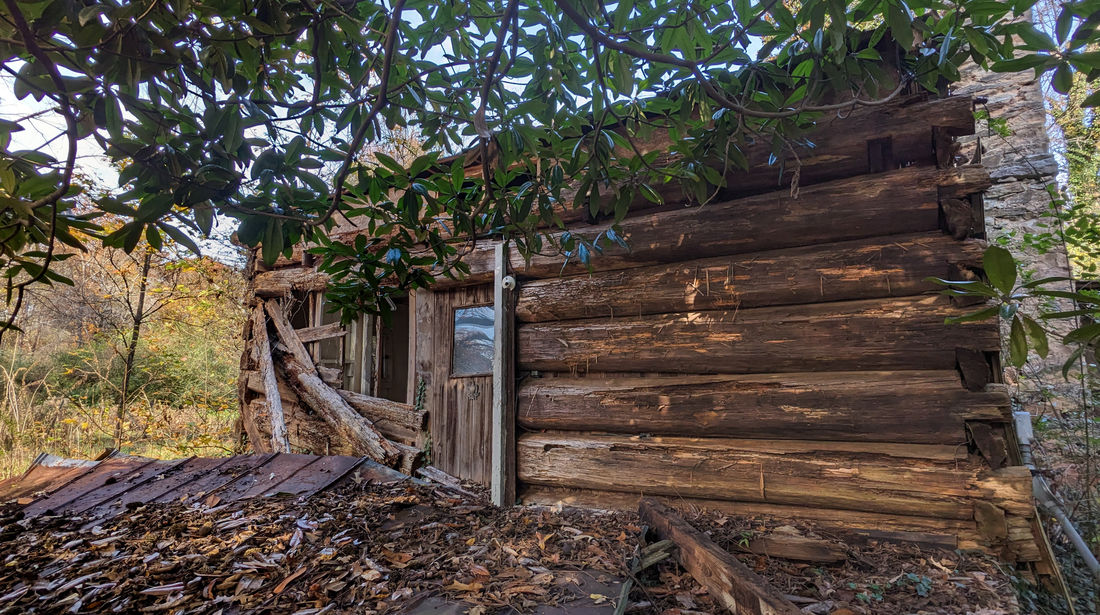
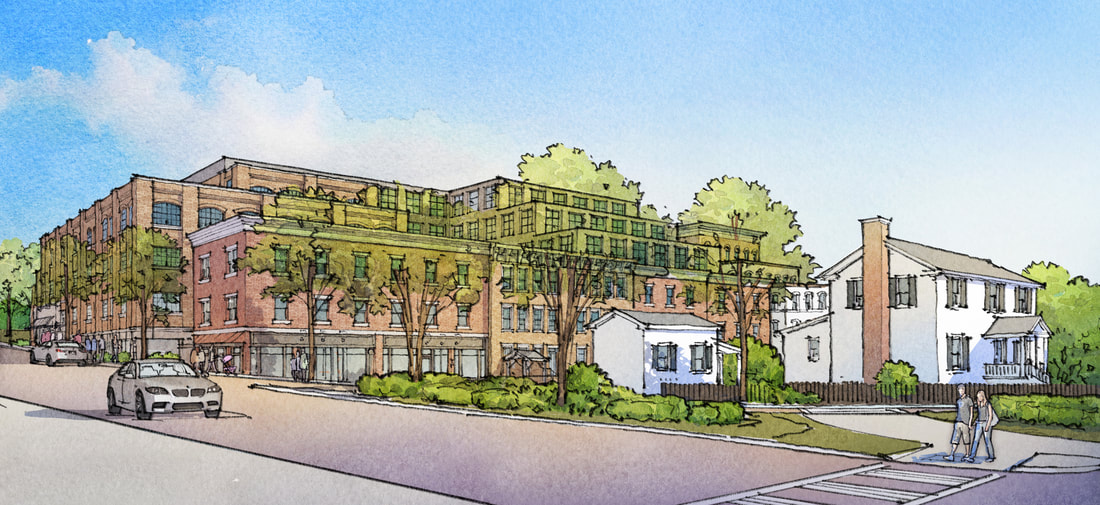
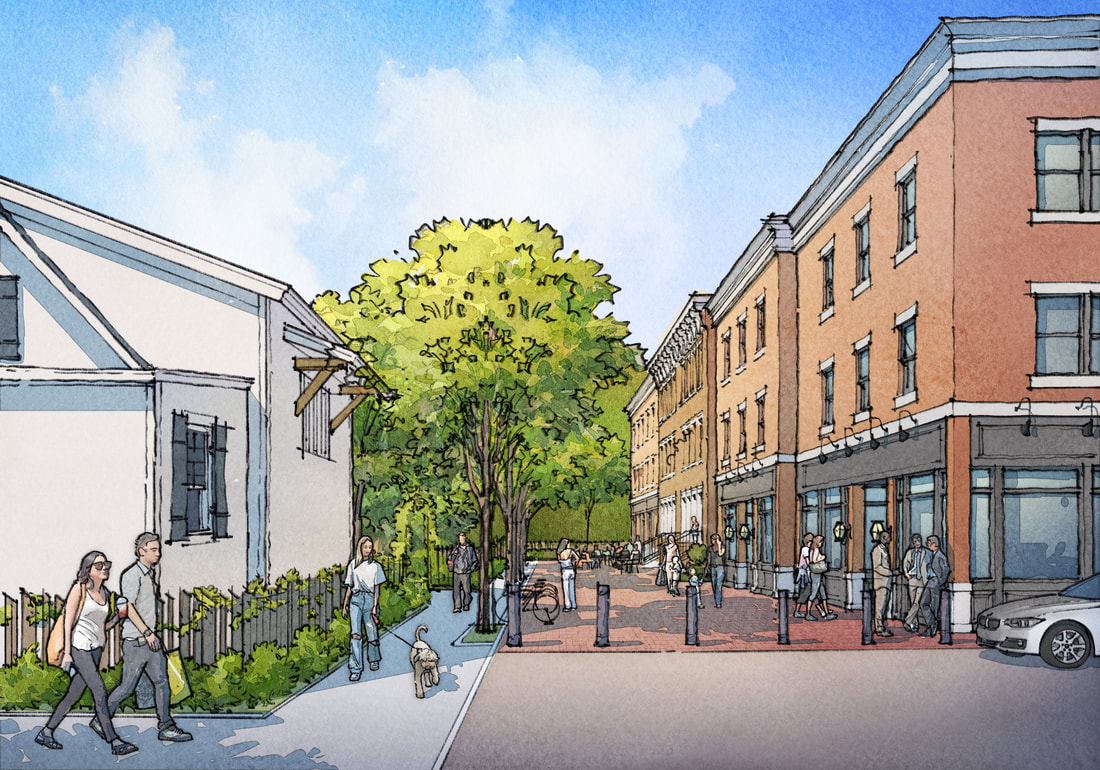
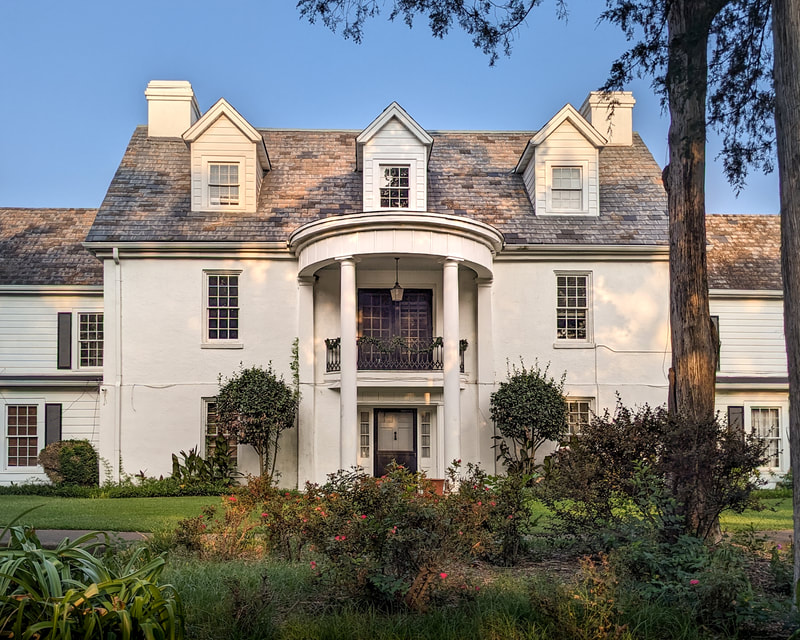
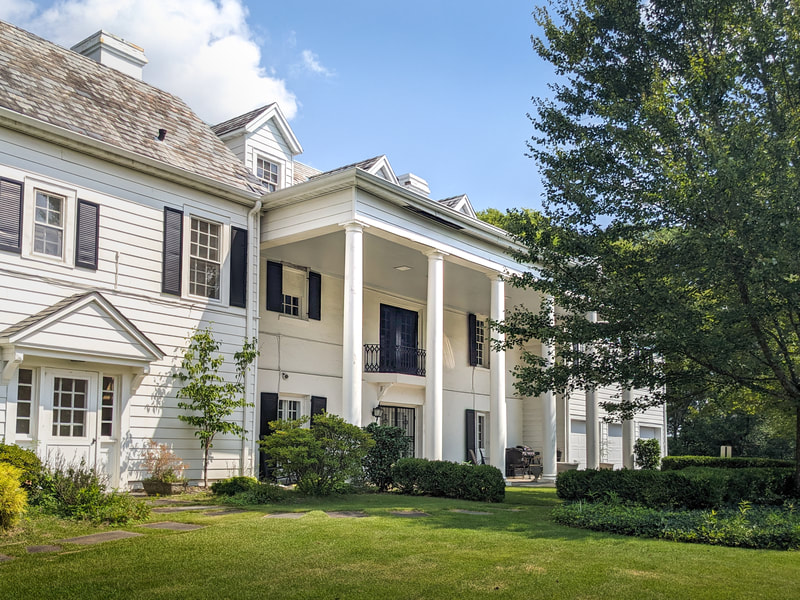
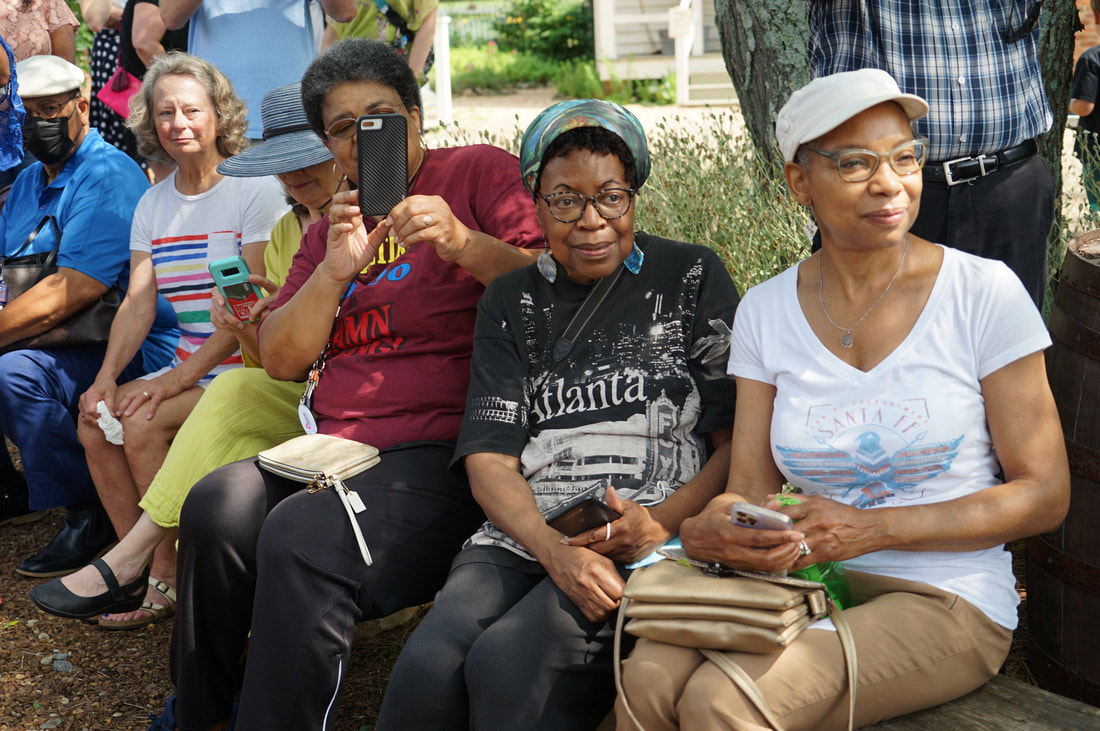
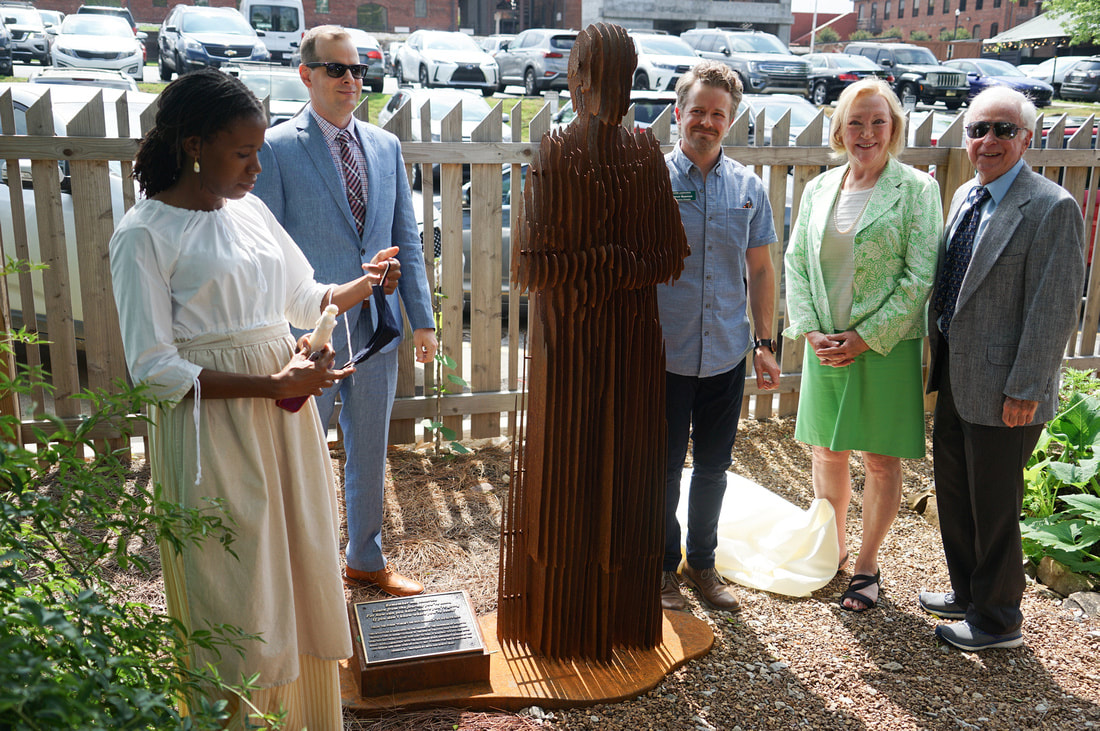
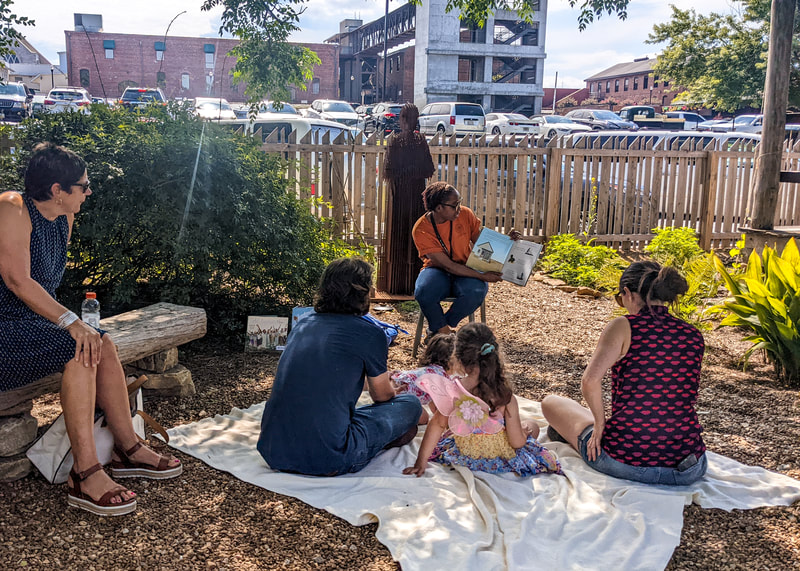
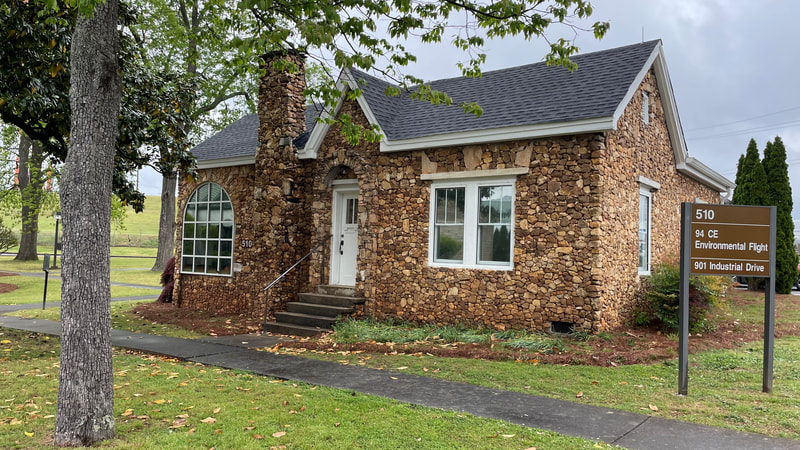
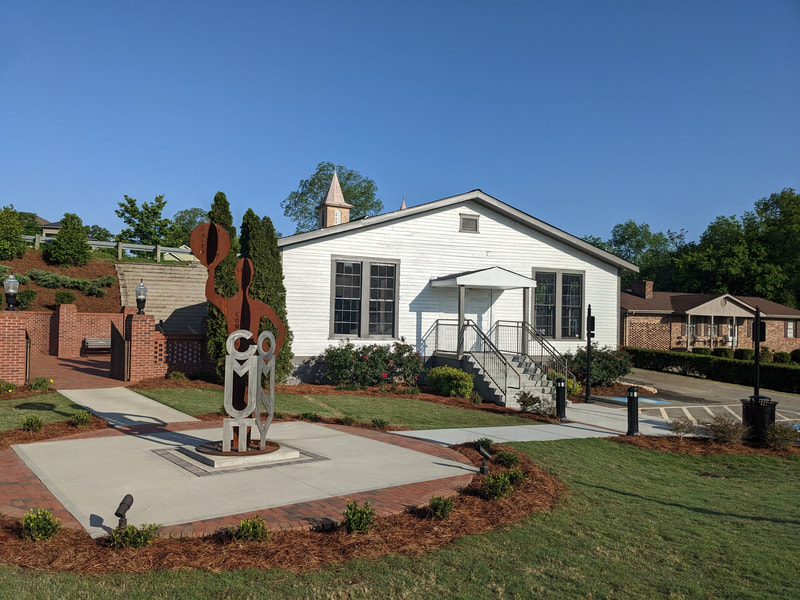
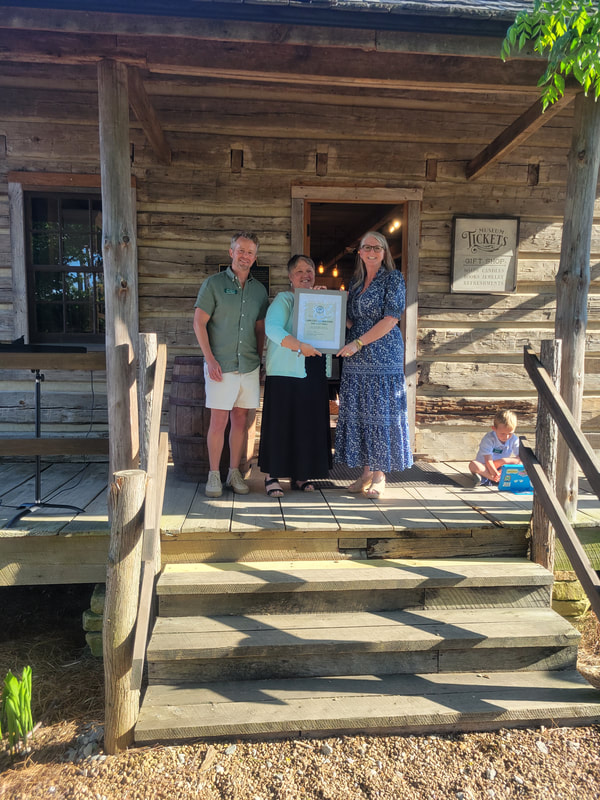
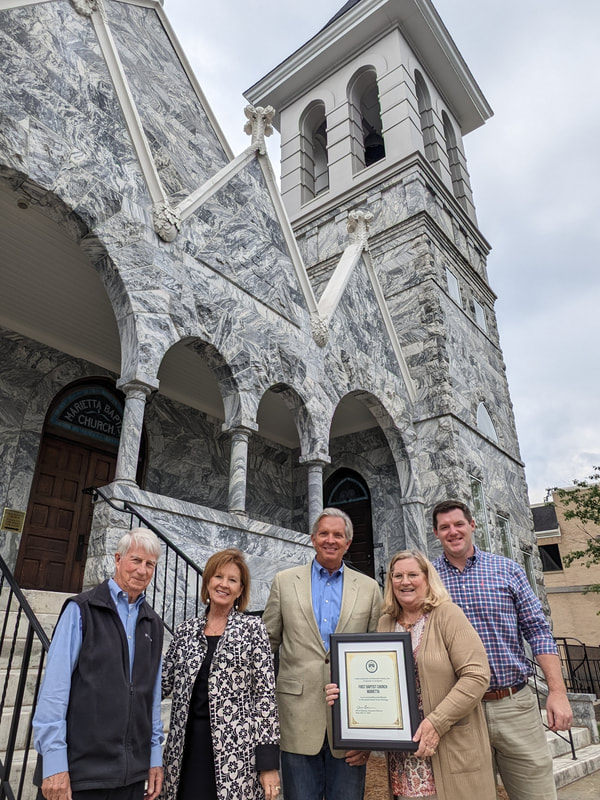
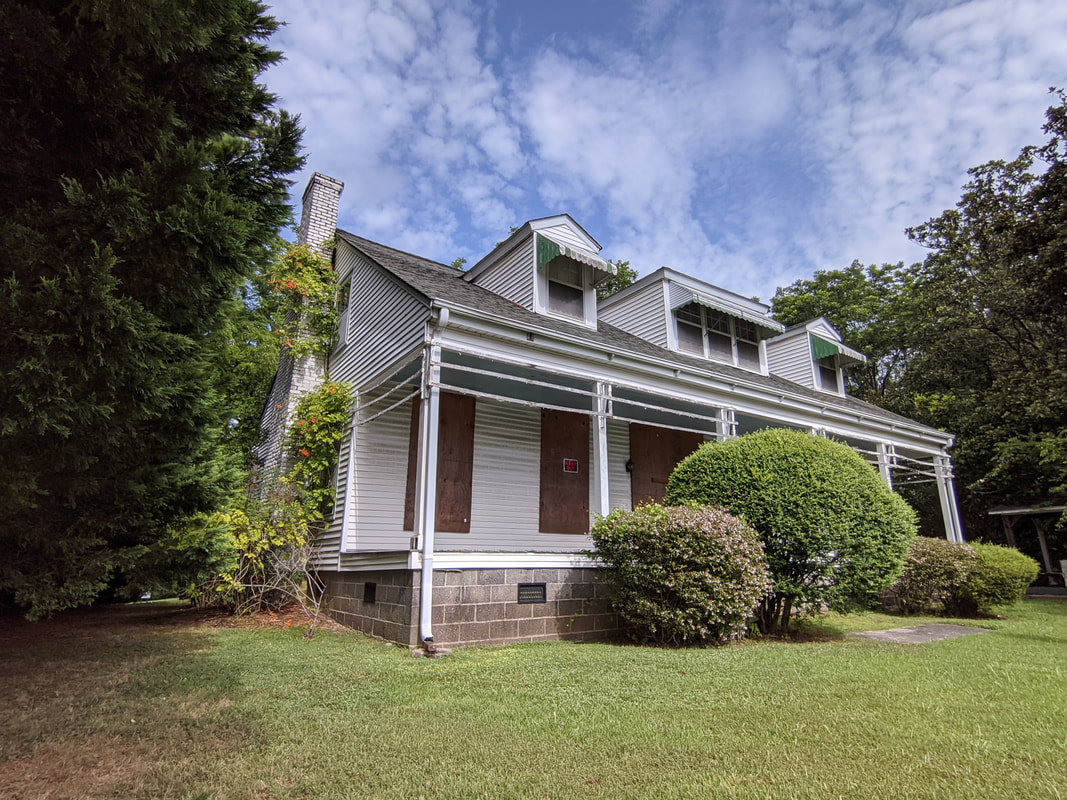
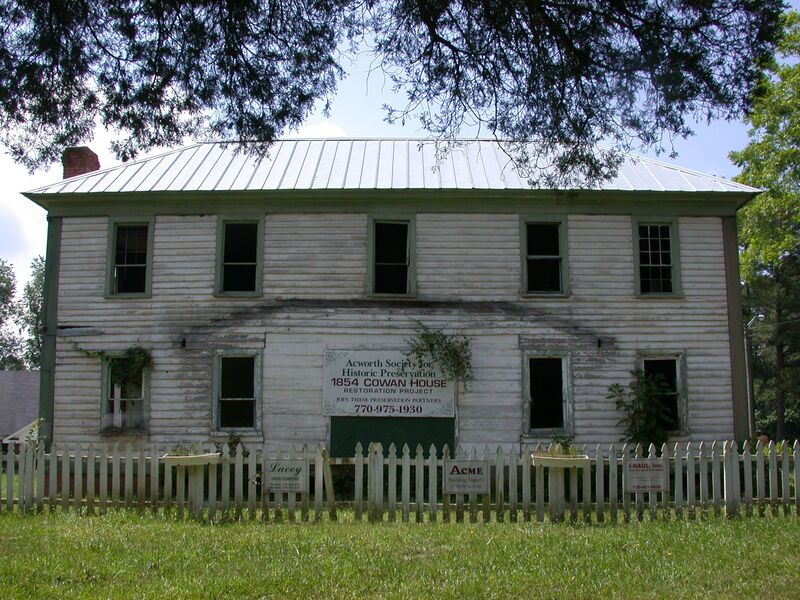
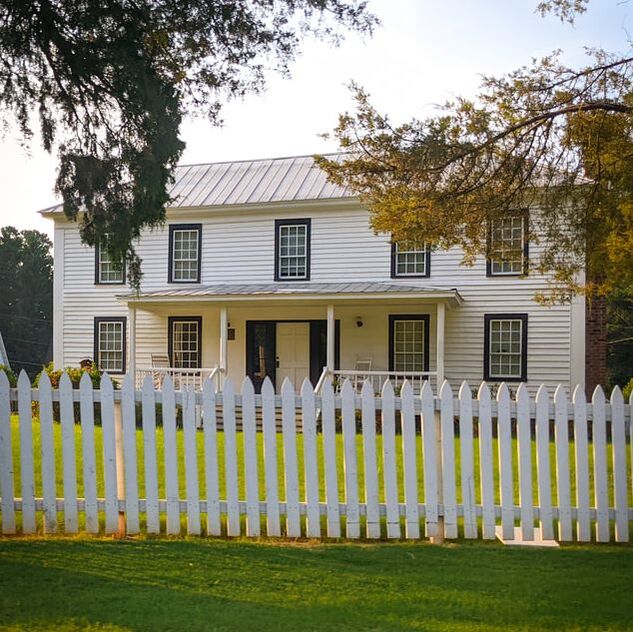
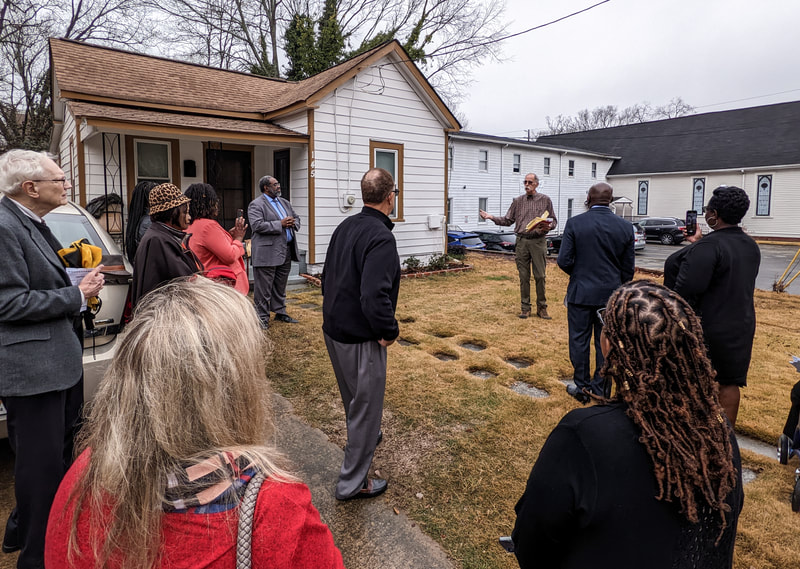
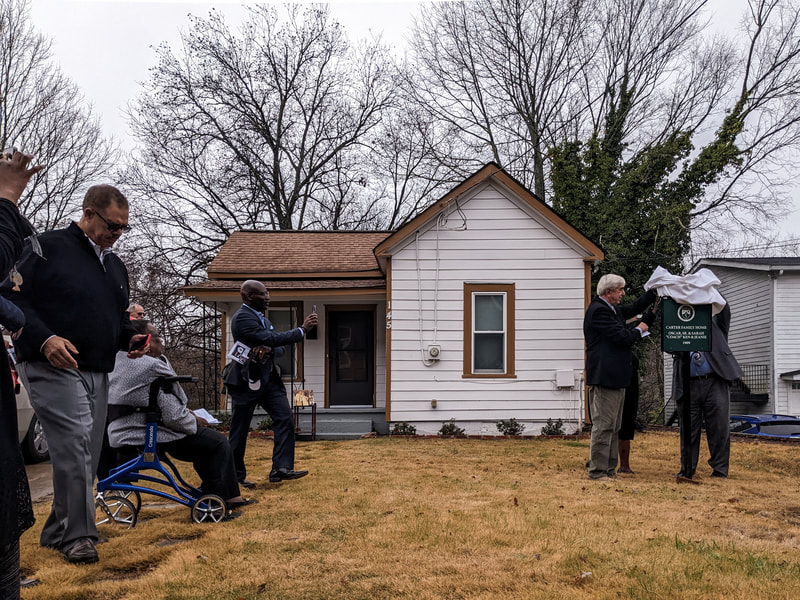
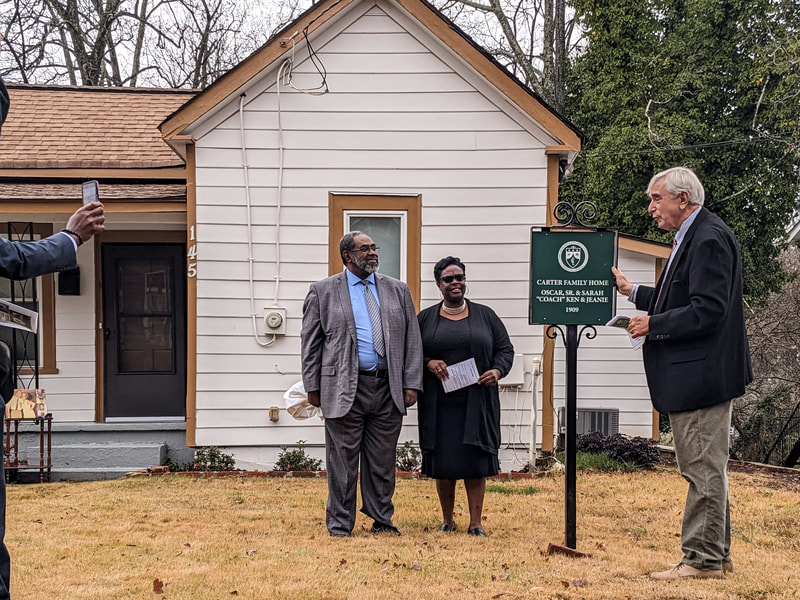
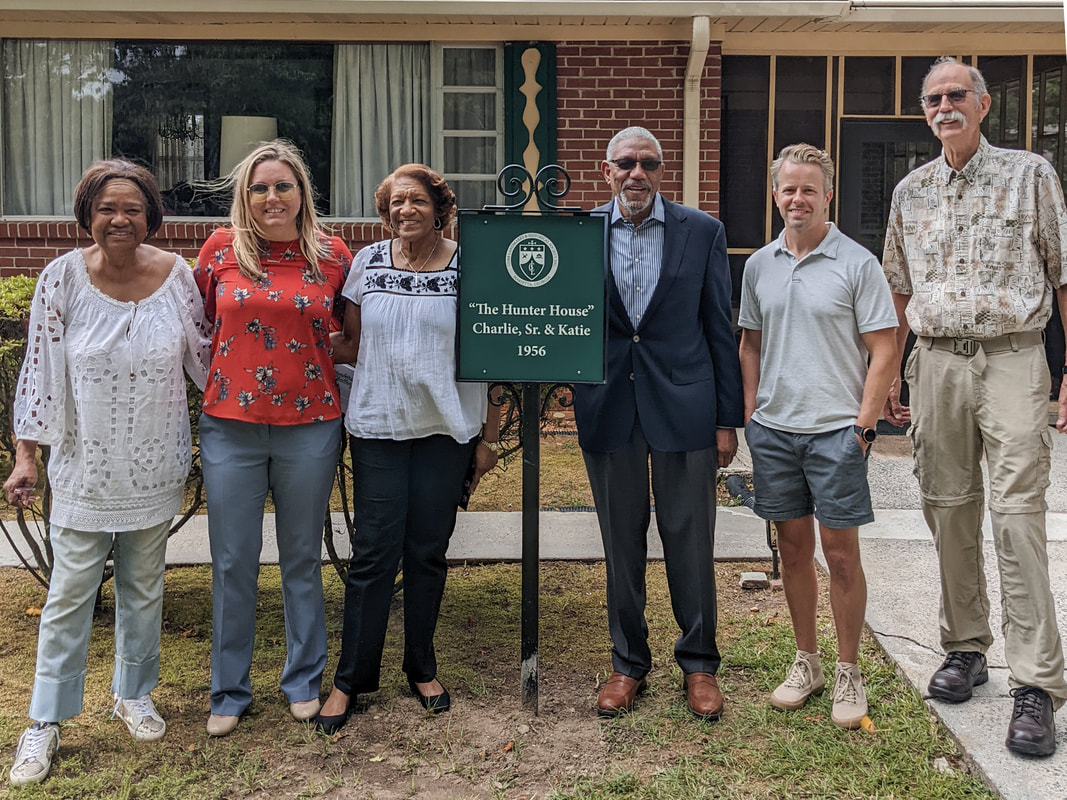
 RSS Feed
RSS Feed
